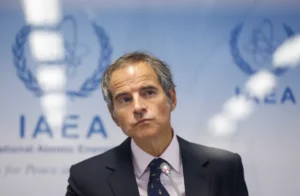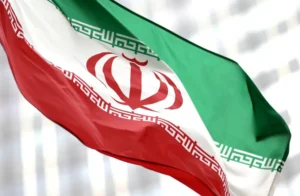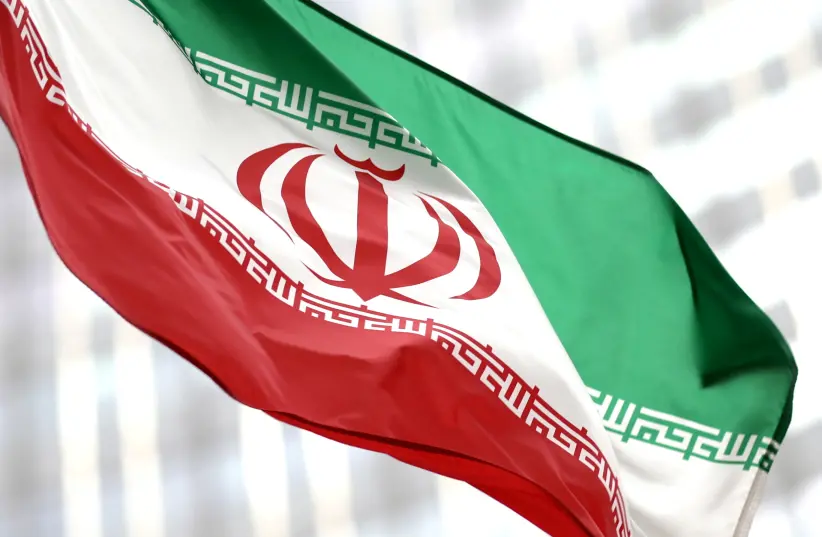IAEA head Rafael Grossi said his agency would be unable to competently advise the US on Tehran’s nuclear limits.

Iran has told the International Atomic Energy Agency it plans to disconnect 20 IAEA surveillance cameras and other monitoring equipment, the agency’s chief Rafael Grossi told its board on Thursday, according to diplomats at the meeting.
IAEA Director-General Rafael Grossi on Thursday warned that if Iran does not reverse its closing off of points of access to its inspectors within three to four weeks, it would be a “fatal blow” to the 2015 Iran nuclear deal.
He explained that the IAEA would no longer be able to estimate the status of the nuclear program.
Grossi went so far as saying that even if the US and world powers reached a new deal with Iran sometime beyond four weeks from now that his agency would be unable to competently advise them how much Tehran would need to reduce its nuclear program to prevent it from crossing the nuclear threshold.
The IAEA chief said that around 40 cameras would continue to operate.

Overall though, his sense was that within three to four weeks, the IAEA would lose its “point of continuity” at which it could estimate Iran’s nuclear status even based on a aprtial picture of data.
Iran’s move appeared to be further retaliation for a resolution from the 35-nation IAEA Board of Governors criticizing Tehran for failing to explain uranium particles at undeclared sites, which was passed on Wednesday evening.
Tehran had already said on Wednesday it had begun further expanding its underground uranium enrichment and would switch off two of the UN nuclear watchdog’s cameras.
Its latest decisions could further damage prospects for rescuing a 2015 nuclear deal. Indirect talks on that between Iran and the United States are already stalled.
Only Russia and China opposed the resolution submitted by the United States, Germany, France and Britain saying the Board of Governors “expresses profound concern” that uranium traces found at three undeclared sites remain unexplained due to insufficient cooperation by Iran.
After the resolution, the four Western powers, all parties to the 2015 accord, called on Tehran to engage with the watchdog “without delay” to avoid further action.
Iran insists its nuclear program is peaceful while the West says Tehran is moving closer to being able to build a bomb.

